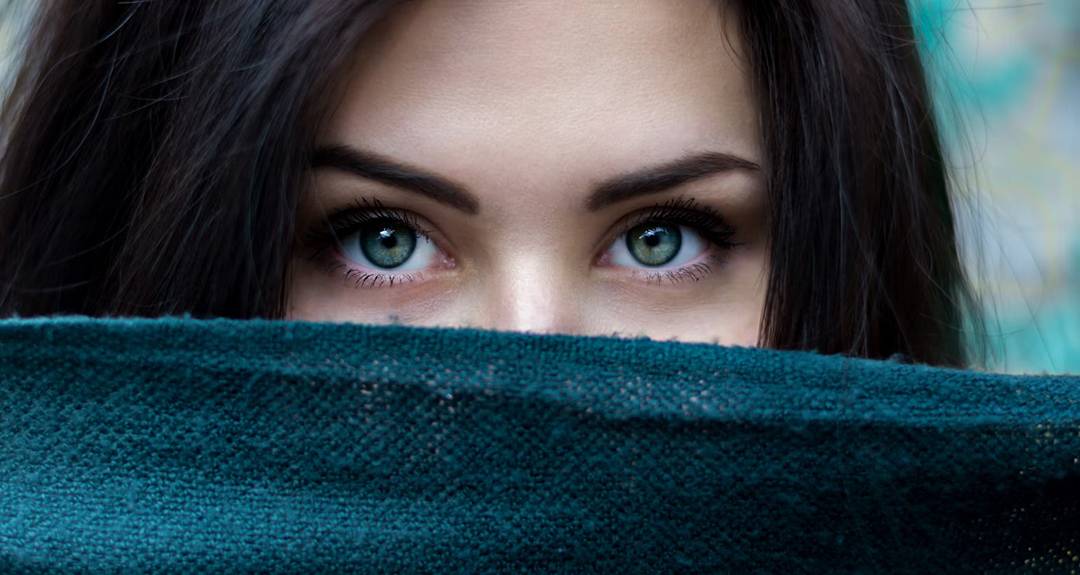
Why Your Eyes Are Aging Faster Than You Think (And What You Can Actually Do About It)
When you think about aging, you probably picture laugh lines, stiff joints, maybe a few grey hairs.
What you don’t picture? Your eyes getting older long before the rest of you catches up.
The truth is, ocular aging doesn’t wait for your 60th birthday. In fact, the slow decline often starts decades earlier and most people miss the early warning signs until it’s harder (and more expensive) to intervene.
Here’s why your eyes are aging faster than you realize and what you can actually do to stay ahead of it.
Your Eyes Start Aging in Your 20s and 30s
Yes, you read that right. Even if you’re still coasting on perfect 20/20 vision, structural changes are already happening behind the scenes.
Starting in your late twenties, you may experience:
- A gradual loss of focusing ability (early presbyopia)
- Decreased tear production (dry eye symptoms)
- Subtle lens hardening that can affect night vision
- Early retinal stress from prolonged screen exposure
These changes are often too mild to notice at first but they accumulate. The National Eye Institute breaks down how and why your eyes begin aging earlier than most people realize, long before cataracts or vision loss ever enter the chat.
If you're squinting at your laptop by mid-afternoon or struggling with headlight glare at night, your eyes are sending you a message.
The Modern World Is Not Helping
Let’s be honest: our current habits aren’t doing our eyes any favours.
-
Screen time: Canadians spend an average of 11+ hours per day on screens. Constant close-up focus strains the ciliary muscles and accelerates lens fatigue.
-
UV exposure: Even on cloudy days, UV light can damage the lens and retina, increasing the risk of cataracts and macular degeneration.
-
Environmental pollutants: Urban air quality can inflame the ocular surface and worsen dry eye disease.
-
Dietary gaps: Low intake of antioxidants like lutein, zeaxanthin, and omega-3s starves your eyes of the nutrients they need to repair and defend themselves.
In short: your eyes are fighting a battle you might not even know they’re in.
Warning Signs You Shouldn’t Ignore
If you’re under 40 and think eye exams are for "later," think again. Early warning signs often look like everyday annoyances, until they don't.
Watch for:
- Frequent eye fatigue, especially at the end of the day
- Trouble adjusting between near and far vision
- Light sensitivity or halos around lights at night
- Increased dryness, redness, or grittiness
- Difficulty reading small fonts without adjusting lighting
These symptoms aren't just irritating. They’re clues.
What You Can Actually Do About It
The good news? You have more control than you think.
1. Prioritize Annual Eye Exams
Even if you have perfect vision, preventative exams can catch microscopic changes long before symptoms show up. Clinics like St. Clair Eye Clinic specialize in comprehensive eye health assessments—not just vision screenings.
2. Get Serious About Sunglasses
Invest in polarized lenses that block 100% UVA and UVB. And yes, you need them year-round—even in winter.
3. Manage Screen Time (Or At Least Break It Up)
The 20-20-20 rule isn’t a myth: every 20 minutes, look at something 20 feet away for 20 seconds. It gives your eye muscles a vital reset.
4. Support Your Eyes with Nutrition
Load up on leafy greens, colourful vegetables, wild-caught fish, and fortified foods rich in lutein and omega-3 fatty acids.
5. Don't Ignore Dryness
Dry eyes aren't just uncomfortable, they're a sign that your tear film is compromised. Address it early with preservative-free lubricating drops or professional treatment recommendations.
Your Eyes Deserve the Same Attention as the Rest of You
You wouldn’t skip your dentist appointments for a decade and expect perfect teeth. So why gamble with your vision?
Your eyes are aging whether you notice it or not. But with early action, you can slow that clock down—and keep your vision, your focus, and your future clear. Harvard Health outlines simple, science-backed ways to protect your vision, and it all starts with consistent, proactive care.
Start now. Your older self will thank you.

Comments (0)